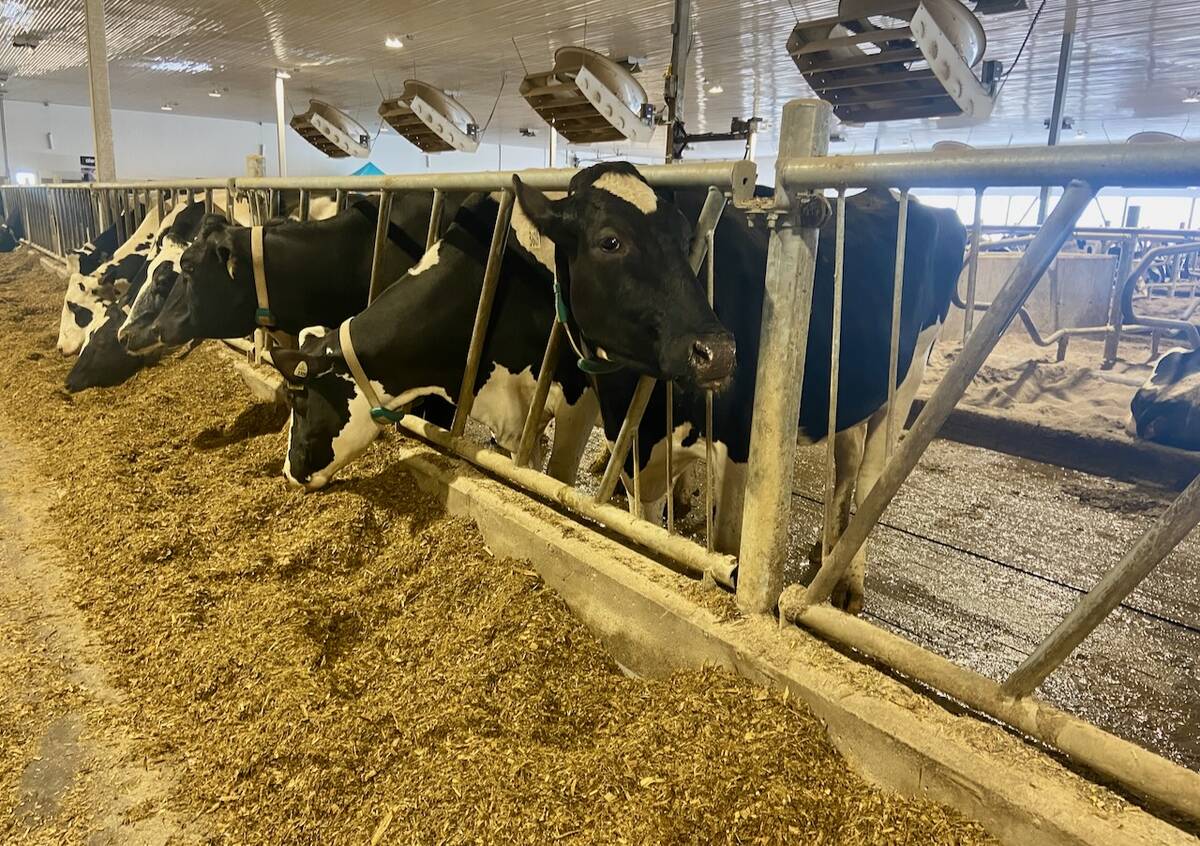It can cost $300 to $850 to thoroughly wash, disinfect, rinse and dry a truck and trailer used for hauling pigs.
It’s a hefty price, but that isn’t the biggest worry for Bill Rempel, vice-president of operations for Steve’s Livestock. He worries instead about complacency that might allow porcine epidemic diarrhea virus to invade hog barns.
“Biosecurity is work, and it’s extra work,” he told those on an Alberta Pork conference call June 18.
He has heard drivers complain about the time and effort it takes to ensure clean transport equipment.
Read Also

U.S. farm group supports supply management
U.S. grassroots farm advocacy group pushing new agriculture legislation that would move towards supply management like Canada has for dairy industry
“The potential consequences are huge, and I think with the fact that there hasn’t been a lot of communication on the news about the PED virus in the last several months, there’s a tendency for people to talk about it less, and sometimes if we talk about it less, people interpret that as it’s not as important as it was maybe a year ago,” said Rempel.
“Biosecurity … is extra work, but it’s important and it’s well worth it, as we can attest to.”
Saskatchewan, Alberta and British Columbia have managed to remain free of PED. Manitoba has had half a dozen cases, and Ontario has had more than 100.
PED travels easily in manure and on other surfaces, including clothing, boots, tires and equipment.
Transport trucks, with their nooks and crannies, are considered the greatest risk for spreading the virus from farm to farm or from assembly yards and processing plants.
That is the main reason why truck wash protocols have been established. Swine veterinarian Dr. Egan Brockhoff was among those who helped develop the protocol, which has been piloted at various locations.
Truck washes are now being asked to implement the protocols, which include staff training, trailer and truck cleanliness, washing procedures that include soap and disinfectant, and drying.
Brockhoff encouraged hog producers to urge their wash site operators to use the protocol, get it audited and report the results.
Rempel said it takes at least two hours to thoroughly clean and disinfect a truck and livestock trailer. Even with two people working, a trailer can rarely be cleaned in an hour.
“I see trailers that just get a fire hose,” said Brockhoff.
“People should just sort of enjoy the moment and have some patience and get it done right.”















